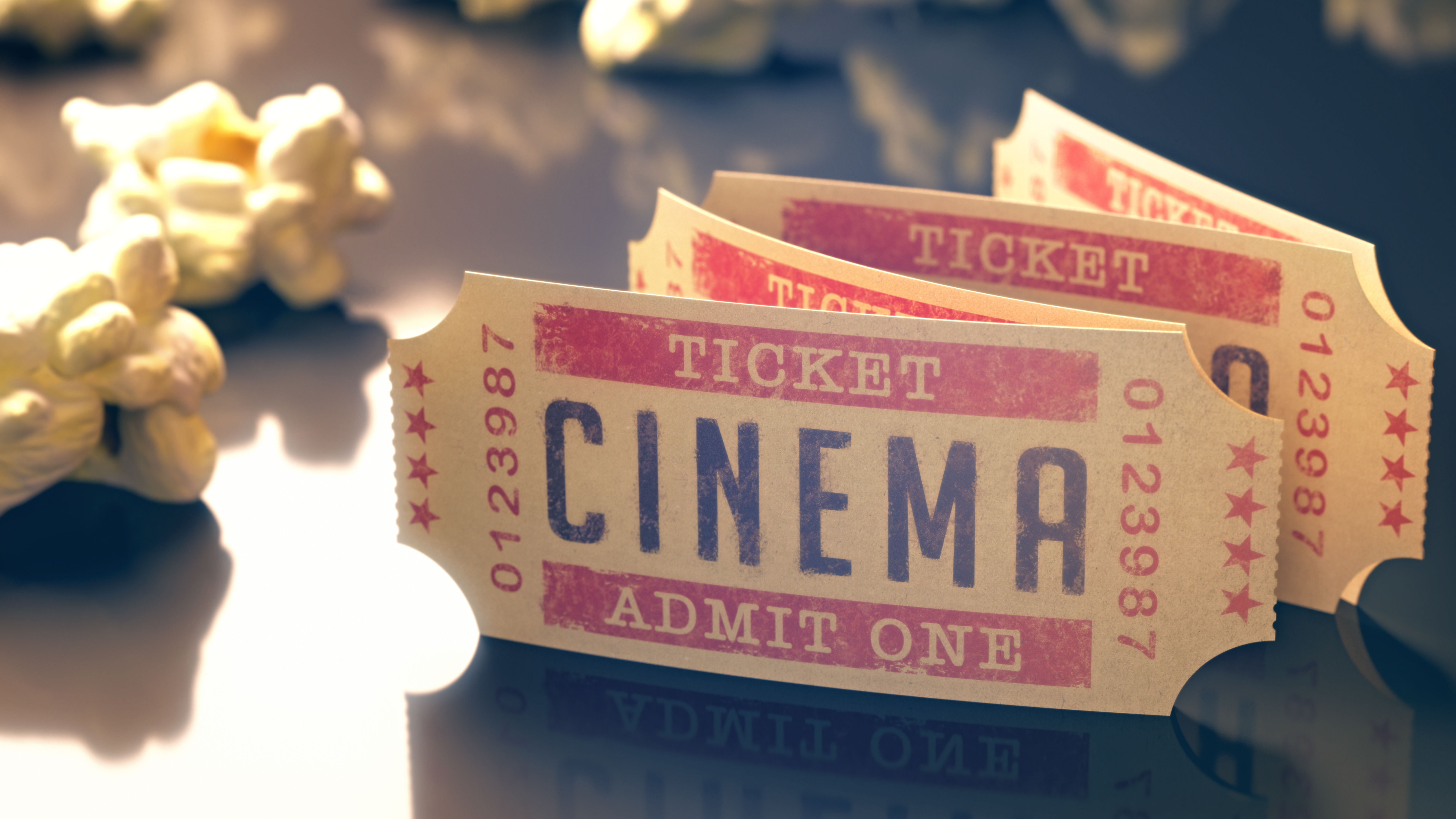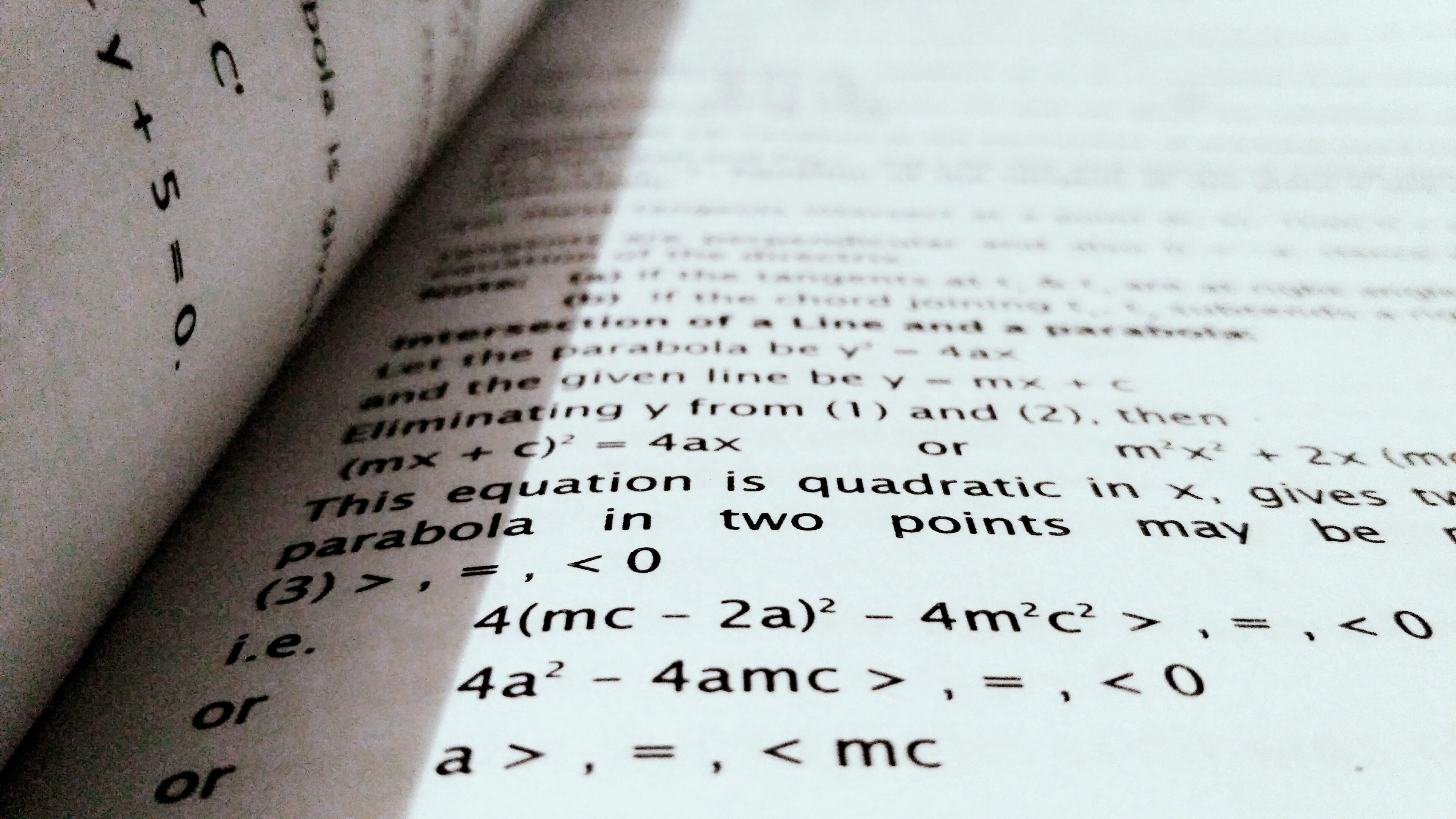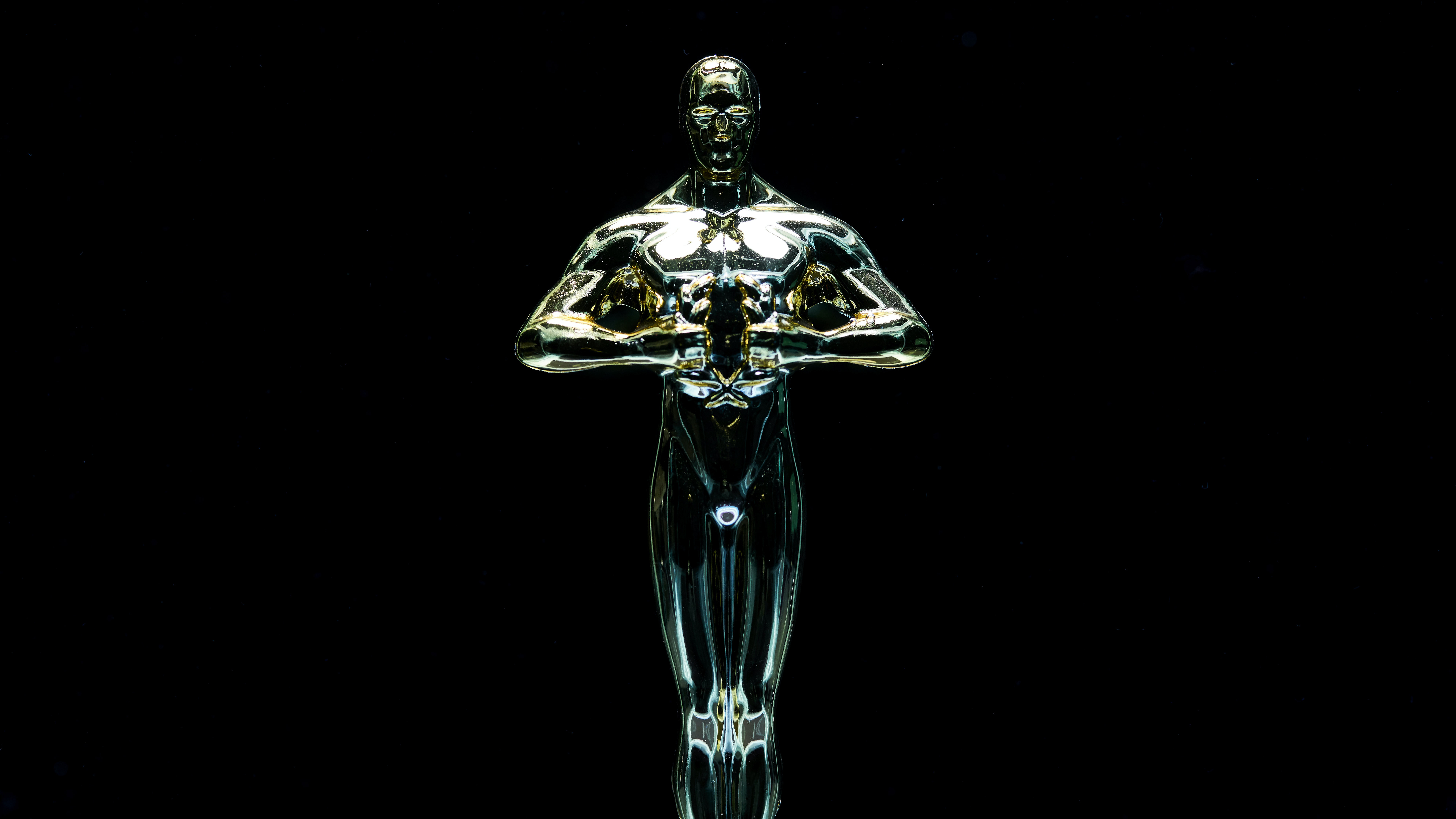There is only 1 prediction I can make that I will guarantee to come true. And that is that every prediction I make on this website will be wrong. That may well sound defeatist, but it's true. There will always be factors that can't be captured by data, models that are either not reactive enough to data signals, or as is often the case when data is limited - too reactive. As humans it is not a nice feeling being wrong, and there is a strong temptation to avoid admitting it.
I worked with someone early in my career who was nervous about using models to make predictions. They were worried that a single wrong prediction might undermine all the great work that had been done to get to an accurate model. Whilst I understood the hesitancy - I felt this was down to the positioning of the model. If you tell stakeholders that your data model is an all seeing eye - then yes, being wrong would mean your work could lose all credibility.
But a model really is the best view of performance we have at a certain snapshot in time. It was the best we could do at that point. As we go into the future more data becomes available, situations change, strengths of relationships ebb and flow. We don't have a crystal ball, we only have data on things that happened in the past, and we should be open about these limitations.
This doesn't mean we shouldn't predict though. Predictions force us to put a stake in the ground, to expose its strengths and weaknesses, to give it its ultimate test - reality. Being wrong doesn't mean the model was wrong, but it might mean it's not as fit for purpose as we once thought. Take an extreme example - every company's 2020 forecast was majorly wrong, because no one knew that Covid was coming and the impact it had on all of us. This doesn't make those models bad - if they had included an accurate Covid effect then they could have warned us! However, being wrong at predicting sales meant those models have to change.
Most discrepancies between predictions and reality aren't that significant, but they will happen. And when they happen, we need to be honest as to why, so we can update our models and try to account for what they missed. Every time a prediction is wrong, it provides a clue as to what the model could do better.
Everything I predict on this site will be wrong. But I will still make predictions and keep them on display, because this shows where the models were wrong - both to me and you. And knowing why they were wrong allows me to try and fix them. So, I've just got to accept being wrong. Because I'll make better decisions because of it in the long run.







